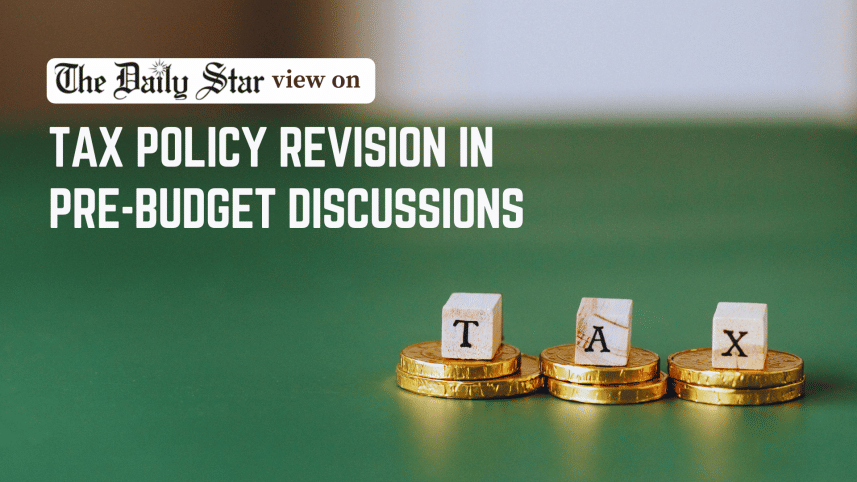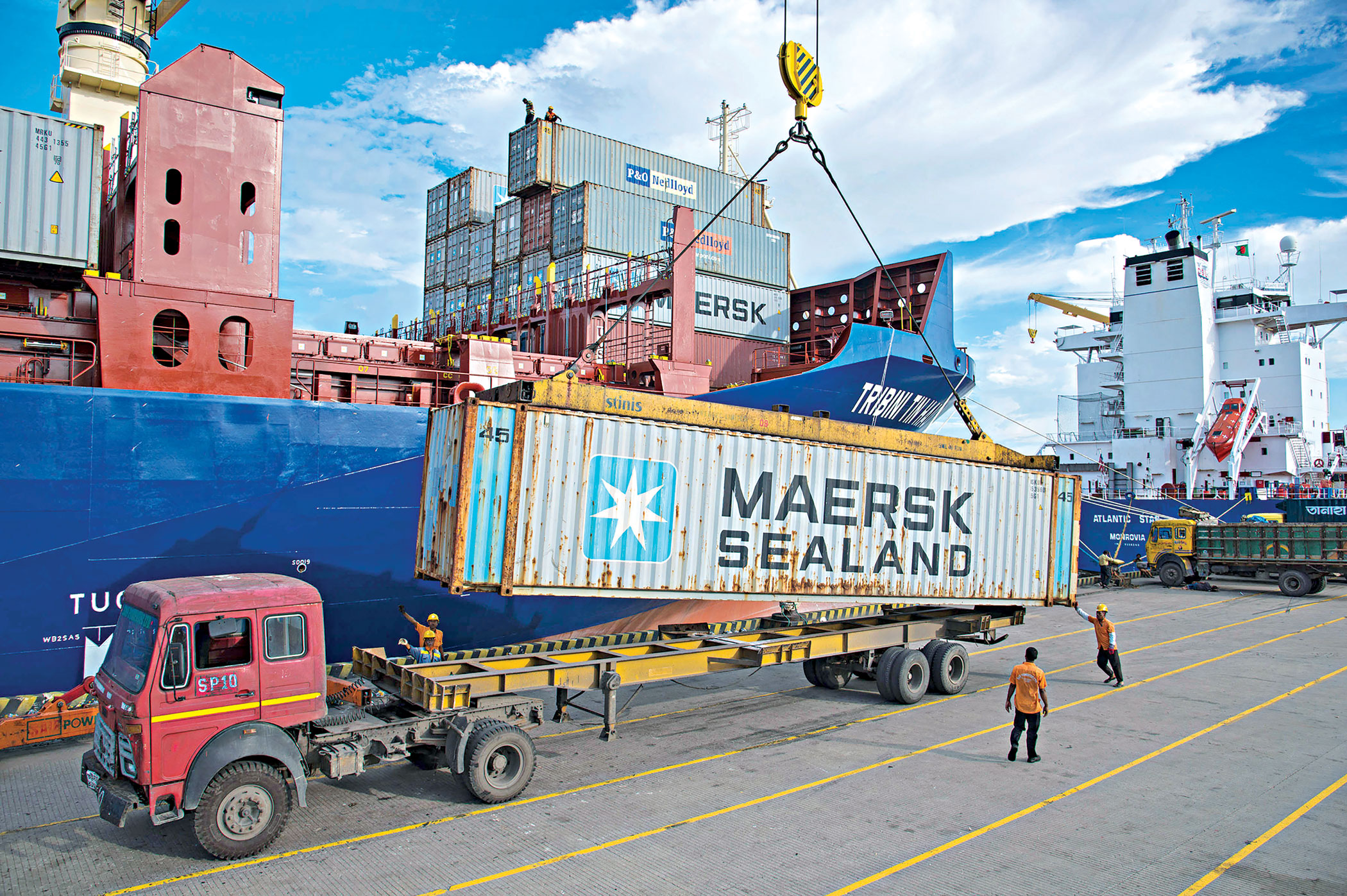Prudent budget planning is essential

In a number of pre-budget discussions in the capital on Sunday, economists rightly stressed the need for designing the national budget for the upcoming fiscal year in a way that prioritises macroeconomic stability. They also emphasised the need for tax policy revision and tariff reforms in line with the World Trade Organization (WTO) regulations to aid in Bangladesh's preparation for graduating from the Least Developed Country (LDC) bracket in November 2026. Given the the country's ongoing economic challenges, we believe these recommendations are timely and should be considered.
In its discussions, the Centre for Policy Dialogue (CPD) said targeted interventions are required to address the economic challenges, and these should be incorporated into the new budget to ensure fiscal prudence—maximising the use of our scarce resources. At the same time, as Bangladesh transitions into a developing economy, it must phase out direct export incentives to meet WTO standards and employ alternative WTO-compliant measures. Revision of agricultural trade policies, elimination of minimum import prices on certain goods, and adjustment of tariff structures to keep custom duties aligned with the bound tariff commitments that Bangladesh made under the WTO agreements are also necessary for maintaining compliance in the post-LDC graduation scenario. Ensuring WTO compliance is of utmost importance as Bangladesh is set to lose the perks and waivers that come with the LDC status. CPD also advised the government to plan for legal counselling, in-depth trade policy analysis, and proper dispute resolution mechanisms—steps essential for securing a favourable position in trade relations with other nations.
Targeted interventions are required to address the economic challenges, and these should be incorporated into the new budget to ensure fiscal prudence—maximising the use of our scarce resources. At the same time, as Bangladesh transitions into a developing economy, it must phase out direct export incentives to meet WTO standards and employ alternative WTO-compliant measures. Revision of agricultural trade policies, elimination of minimum import prices on certain goods, and adjustment of tariff structures to keep custom duties aligned with the bound tariff commitments that Bangladesh made under the WTO agreements are also necessary for maintaining compliance in the post-LDC graduation scenario.
Meanwhile, at another discussion with the government, the CPD chief suggested formulating strict legislation to prevent tax evasion, track wealthy tax dodgers, and increase revenue through direct taxation. Bangladesh has long had one of the lowest tax-GDP ratios in the world. It's high time this was corrected, and to do so, the authorities must ensure that all eligible taxpayers, including influential individuals, are held accountable. Moreover, the recent increase in VAT and supplementary duties should be reconsidered—something that we have also stressed for quite some time—as raising revenue through indirect taxes is placing undue burdens on ordinary and poor citizens already struggling with high inflation.
These are all recommendations worth serious consideration. As the next fiscal year is going to be a crucial one amid all the uncertainties caused by the July uprising, the national budget must reflect prudent and strategic thinking on the government's part. Long-term policies to address persistent and potential setbacks should be integrated into budget preparations to ensure Bangladesh is adequately prepared for the challenges that lie ahead.



 For all latest news, follow The Daily Star's Google News channel.
For all latest news, follow The Daily Star's Google News channel. 

Comments